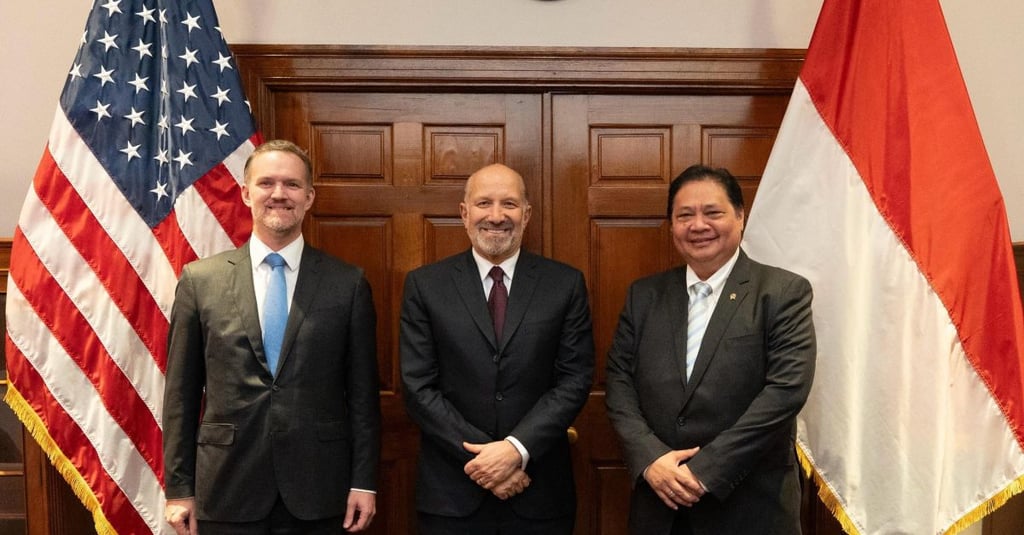Indonesia and the United States Reach Reciprocal Tariff Agreement
In a landmark move to strengthen bilateral trade, Indonesia and the United States have signed a reciprocal tariff agreement that will significantly reduce import duties and open broader export opportunities. This deal marks a new chapter for Indonesian exporters—especially in the agriculture, food, and organic sectors—who are now better positioned to expand into the high-demand U.S. market.
Admin
7/22/20251 min read


Strengthening Indonesia’s Export Access to the Global Market
Indonesia and the United States have officially reached a landmark reciprocal trade agreement aimed at improving market access and reducing trade barriers between the two nations. Under this agreement, the United States will lower the average import tariff on Indonesian products from 32% to 19%, while Indonesia will eliminate over 99% of tariffs on American goods, including agricultural products, energy commodities, and industrial technology.
The agreement was announced during a bilateral meeting in Washington, D.C., and marks a strategic milestone in the ongoing partnership between the two countries.
What This Means for Indonesian Exporters
This agreement is a major win for Indonesian exporters, especially those in agriculture, forestry, marine, textile, and processed organic sectors such as coconut sugar, spices, and coffee beans. The reduced tariffs are expected to:
Improve price competitiveness of Indonesian products in the U.S.
Boost export volumes and encourage product diversification
Open wider opportunities for private labeling and long-term supply contracts with American buyers
For companies like PT Linggau Jaya Eksportir (LLG Export), this opens a gateway to accelerate the export of high-demand organic products such as organic coconut sugar, black pepper powder, and desiccated coconut to retail and foodservice networks across the U.S.
A Joint Commitment to Sustainable Trade
Beyond tariff adjustments, both governments emphasized a shared commitment to:
Supporting green growth and sustainable international trade
Strengthening supply chain resilience in the post-pandemic and geopolitical landscape
Ensuring full compliance with international food safety, traceability, and quality standards
A joint technical committee will be established to oversee implementation, resolve trade issues, and explore cooperation in digital economy, logistics, and clean energy.
The Future of Indonesia’s Global Trade
This agreement signals a growing recognition of Indonesia as a strategic global trade partner—not just as a supplier of raw materials, but as a provider of value-added products that meet international standards.
As a committed organic exporter, LLG Export welcomes this development and is ready to build stronger partnerships worldwide, empowering farmers, producers, and global consumers through sustainable and ethical trade.



